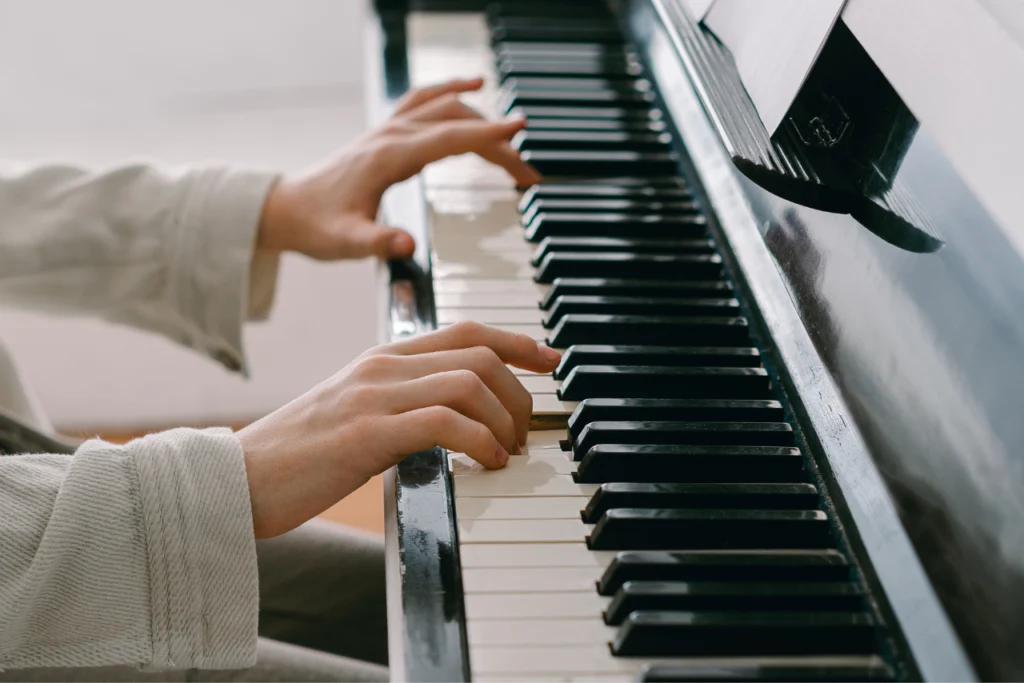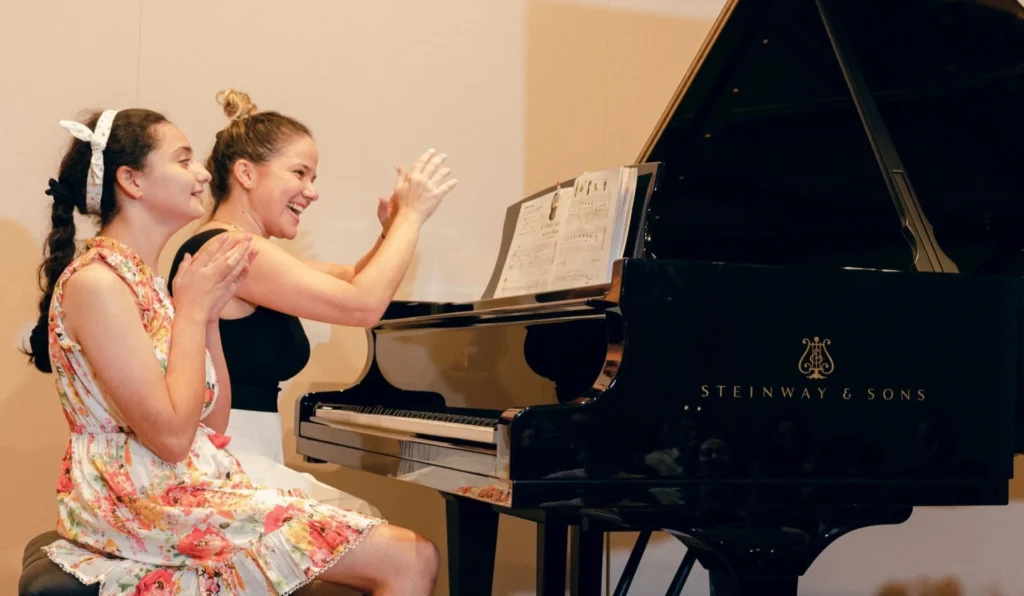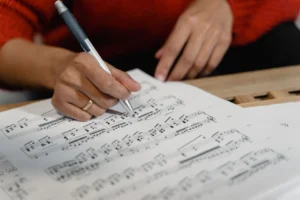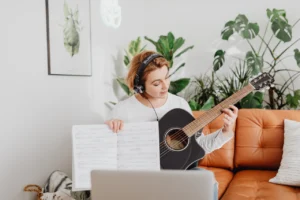Piano competitions are an exciting opportunity for young musicians to challenge themselves, showcase their skills, and grow as performers. However, preparing for these events involves much more than mastering the notes. It requires thoughtful preparation, building confidence, and learning how to handle the pressure of performing on stage. In this blog, we’ll explore key tips to help young pianists shine in competitions, from choosing the right repertoire to managing nerves and making the most of feedback.
1. Understanding the Importance of Preparation
Many people view piano competitions as high-pressure events focused only on winning. However, when approached with the right mindset, competitions offer valuable growth opportunities. They teach children perseverance, self-improvement, and the importance of setting personal goals.
Instead of comparing themselves to others, young musicians can focus on pushing their own limits. A healthy competitive environment builds resilience, helping kids learn how to handle both success and setbacks. When parents and teachers emphasize effort over results, competitions become about progress, not perfection.
By fostering a positive outlook, you help your child embrace competition as a chance to grow, both musically and personally.
2. Choosing the Right Repertoire
Selecting the right pieces for a piano competition is crucial. It’s important to choose music that highlights the pianist’s strengths and suits their technical ability. A well-chosen piece allows the pianist to showcase their skills and personality while also staying within their comfort zone. Avoid choosing overly challenging pieces that could cause frustration or lead to mistakes under pressure.
Start by considering the student’s favorite styles and strengths. If they excel at fast, virtuosic pieces, opt for something with speed and precision. Alternatively, if they shine in emotional expression, a slower, more lyrical piece might be a better fit. At Oohlala, we encourage young pianists to select repertoire that aligns with their unique qualities, ensuring they feel confident and excited about their performance. With the right repertoire, your child will be able to demonstrate their best musicality while staying true to their abilities.

3. Building a Practice Routine for Success
A strong practice routine is the foundation of any successful competition preparation. It’s important to structure practice sessions in a way that avoids burnout while ensuring steady progress. Start by breaking down the music into manageable sections. Each section should be practiced multiple times before moving on to the next. Focus on areas that are difficult or unfamiliar to allow your child to grow in their technique.
Additionally, encourage variety in the practice sessions. Combine technical exercises with musical expression to keep the sessions engaging. Plan breaks and give your child time to rest to avoid fatigue. Balancing focus and relaxation will help them stay motivated throughout the process. Keep in mind that consistency is key. It’s better to practice for shorter periods every day than to cram long hours the night before the competition.
4. Overcoming Stage Fright and Building Confidence
Stage fright is something many young pianists face, especially before a big competition. The key to overcoming nerves is preparation and mindset. Encourage your child to visualize themselves performing successfully before the event. This mental exercise helps reduce anxiety and prepares them for the real performance. Additionally, practice playing in front of family or friends regularly so they become more comfortable with an audience.
Breathing techniques can also be helpful for calming nerves. Before stepping onto the stage, remind your child to take deep, steady breaths to stay focused and relaxed. It’s important to reassure them that mistakes are part of the process and don’t define their performance. With practice and the right mindset, your child can face the stage with confidence and embrace the experience rather than fearing it.
5. The Role of Mentorship and Guidance
A great teacher can make all the difference in a young pianist’s journey, especially when preparing for a competition. A skilled mentor provides not only technical instruction but also emotional support. They help identify areas of improvement, guide the student in selecting the right repertoire, and offer personalized feedback throughout the preparation process.
At Oohlala, our teachers have years of experience in preparing young pianists for competitions and exams, ensuring that every student receives the best possible guidance. A good teacher builds trust with their students, allowing them to feel confident and supported every step of the way. When a teacher believes in their student’s abilities, the student begins to believe in themselves.
6. Learning from Feedback and Growing as a Musician
Competitions provide valuable growth opportunities, especially through constructive feedback. After performing, feedback helps young musicians identify areas for improvement. Encourage your child to view criticism with a positive attitude, focusing on specific aspects like timing, dynamics, or expression. This approach turns feedback into a tool for enhancing future practice sessions and overall musical development.
At Oohlala, we guide students in using feedback to their advantage, helping them refine their skills and consistently achieve top ratings in both competitions and exams.
Piano competitions offer young musicians valuable lessons in growth, confidence, and perseverance. With the right preparation and support, they become more than just a contest—they are opportunities for self-improvement. At Oohlala, our experienced teachers guide students through every step, helping them achieve top results while fostering a lasting love for music.




